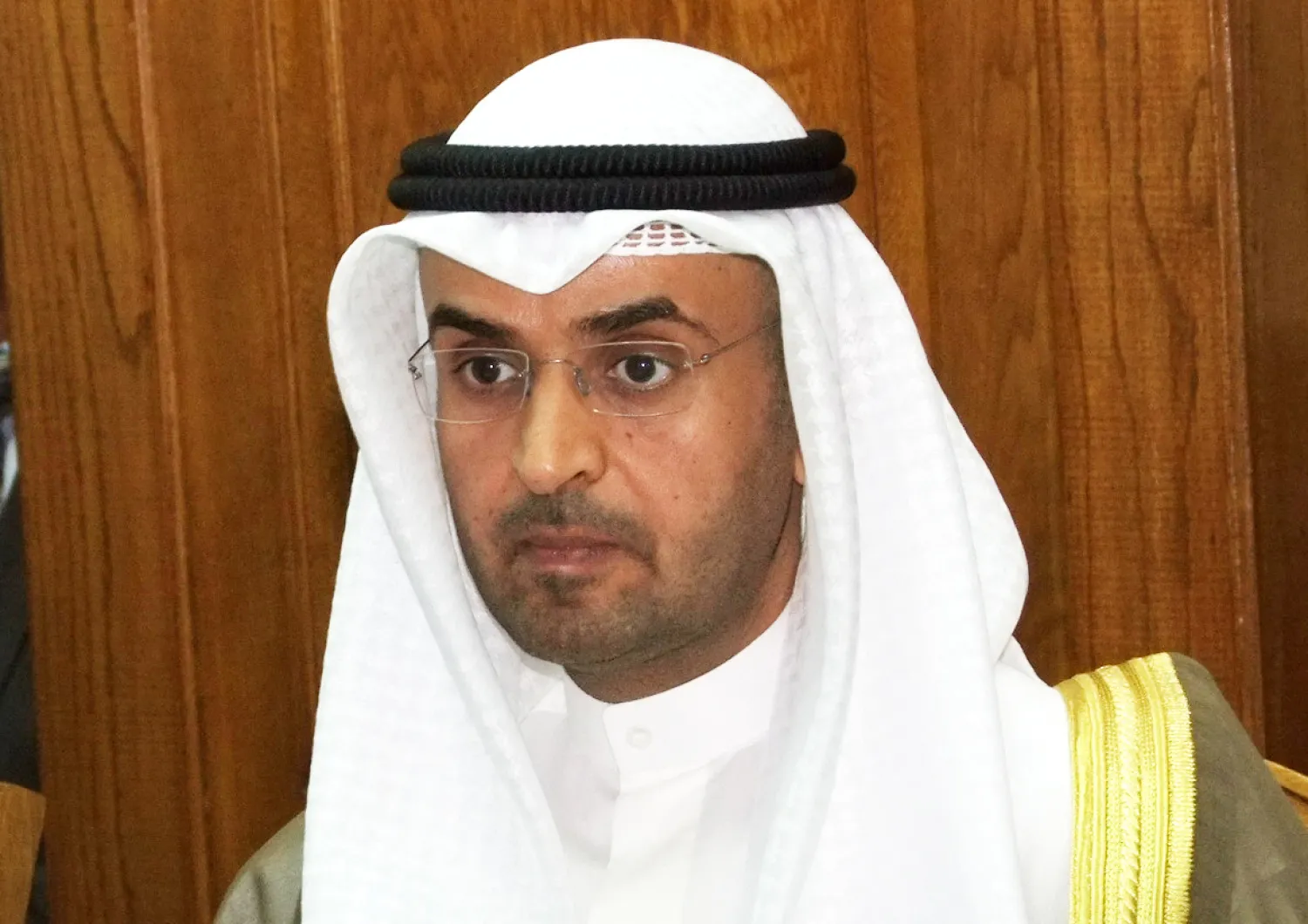The Gulf ministerial council is expected to recommend the candidacy of Kuwait’s former Finance Minister Nayef al-Hajraf's for Gulf Cooperation Council (GCC) Secretary-General after it has been unanimously approved at talks ahead of the leaders' summit in Riyadh on Tuesday.
Speaking to reporters, Kuwait’s Deputy Foreign Minister Khaled al-Jarallah explained that the recommendation will be forwarded to the summit.
Hajraf has been nominated to succeed Abdul Latif bin Rashid al-Zayani, whose term expires next year.
He will be the second Kuwaiti to assume the position since the formation of the council in 1981.
Hajraf holds a PhD in Accounting and Finance from the University of Hull, UK, a Master’s in Accounting from the University of Illinois at Urbana-Champaign and a bachelor's degree in accounting from Kuwait University.
He was a Vice President of Gulf University for Science and Technology for Academic Services. He also served as Kuwait’s chief regulator of marketable securities in his capacity as the Chairman of the Board of Commissioners and Managing Director of the Kuwait Capital Markets Authority (CMA) from 2014 to 2017.
He served as Minister of Finance for a brief period in 2012 and Minister of Education and Minister of Higher Education from 2012 to 2014.
He was also a member of the First Board of Commissioners of the Capital Markets Authority in 2010 and a member of the Supreme Petroleum Council.
The GCC was established on May 25, 1981, during a meeting of Gulf leaders in Riyadh, Saudi Arabia.
Kuwait’s Abdullah Yacoub Bishara became the first Secretary-General of the GCC, a position he held for 11 years. He was succeeded in 1993 by Fahim bin Sultan al-Qasimi, from the United Arab Emirates, who held the position until 1996.
In 1996, Jamil Ibrahim al-Hejailan, of Saudi Arabia, assumed the position and stayed until 2002. He was succeeded by Qatar’s Abdul Rahman bin Hamad al-Attiyah, who served between 2002 and 2011.
Bahrain’s Zayani assumed his position in 2011.









